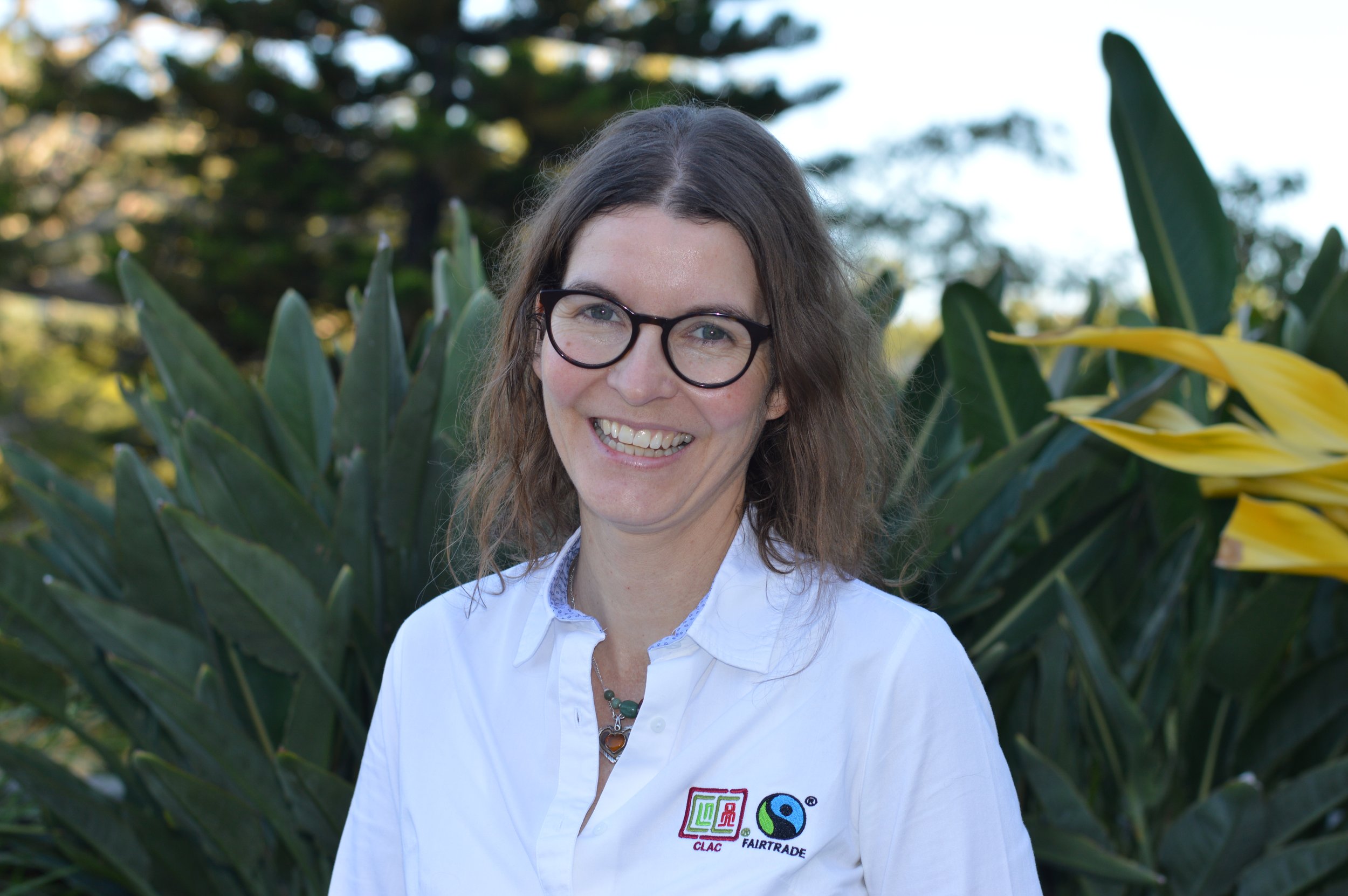Toward Equitable Compliance: Making mandatory human rights and environmental due diligence work for all
Lecture Description
In the rapidly evolving landscape of global value chains and international trade, the concept of mandatory Human Rights and Environmental Due Diligence (mHREDD) has become pivotal for coffee businesses through the value chain. Coffee producers are increasingly required to comply with and implement a range of sustainability requirements to access target markets and attract investments. In-scope companies for the Corporate Sustainability Due Diligence Directive (CSDDD) and the European Union Deforestation Regulation (EUDR) must assess and report not only on how sustainability issues affect their financial health, but also on how their business activities impact the world around them.
Due diligence measures can help ensure corporate accountability, safeguard human rights, and protect the environment. Yet, these measures can be challenging to meet - especially for organizations and businesses in coffee producing countries. It is important to ensure that amidst the rapid developments in linking trade to sustainability considerations, organizations, workers and coffee producers are not left behind.
This diverse panel of established market players throughout the coffee value chain will explore lessons learned from the real cases of accompanying measures implemented in their supply chains to help MSMEs and producers to mitigate associated risks and challenges of mHREDD, while capitalizing on market and income opportunities.
Learning Objectives:
1. Learn how accompanying measures for due diligence can support and strengthen sustainability of supply chains, from producers to in-scope companies
2. Hear diverse perspectives and lessons-learned from the implementation of HREDD, using a participatory and market-based approach.
3. Understand how coffee producer organizations, traders, and roasters can reduce human rights and environmental degradation throughout their supply chains
4. Evaluate the market value and competitiveness opportunities for companies to integrate due diligence into their operations holistically
Date: Saturday, June 28, 2025
Time: 2:00- 3:00 PM
Location: Lecture Room W
This lecture is free to attend with a World of Coffee entry badge. Register to attend World of Coffee Geneva here.
Moderator
Brendah Akankunda (she/her)
National Coordinator, Uganda, International Trade Centre (ITC)
Ms. Brendah Akankunda is a Trade policy analyst with a legal background currently serving as the National Coordinator of the International Trade Center (ITC) on Responsible Business Conduct work in Uganda implemented under the ITC Alliance for Action.
ITC is a joint agency of the United Nations (UN) and the World Trade Organization (WTO)
Panelists
Mr Kenneth Barigye (he/him)
Managing Director, Mountain Harvest, Uganda
Kenneth Barigye is the Managing Director of Mountain Harvest a coffee company he founded in 2017 to specialize in high quality specialty coffee.
Mountain Harvest challenges the status quo of Uganda’s coffee production where smallholder farmers were producing coffee at a loss and focuses on building a model that improves the quality of life for smallholder farmers while supporting healthy and thriving natural ecosystems by emphasizing the need to boost productivity and improve profitability at the farm level.
Kenneth serves on the boards of the African Fine Coffees Association, Uganda Coffee Federation and Uganda’s National Coffee Research Institute.
Mr Dejene Dadi
General Manager, Oromia Coffee Farmers Cooperative Union (Ethiopia)
Mr Philip von der Goltz
Managing Partner, List & Beisler
Ms. Anneke Theunissen (she/her)
Director of Operations, Latin American and Caribbean Network of Fairtrade Smaller Producers and Workers (CLAC/Fairtrade)
Originally from the Netherlands, Anneke has worked with CLAC Fairtrade, the Latin American and Caribbean Network of Fairtrade Smallholder Producers and Workers, since 2013. Currently, she is Chief Operating Officer and coordinates the main operations of CLAC in the field, assisting approximately a thousand Fairtrade Producer Organizations in their process of empowerment and organizational strengthening, human rights, access to markets, inclusion, climate resilience and advocacy.
Dr. Gerald Kyaalo
Commissioner of Coffee Development, Ministry of Agriculture, Animal Industry and Fisheries (MAAIF) Uganda



